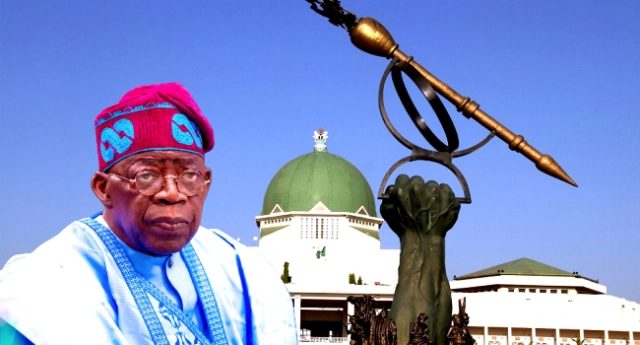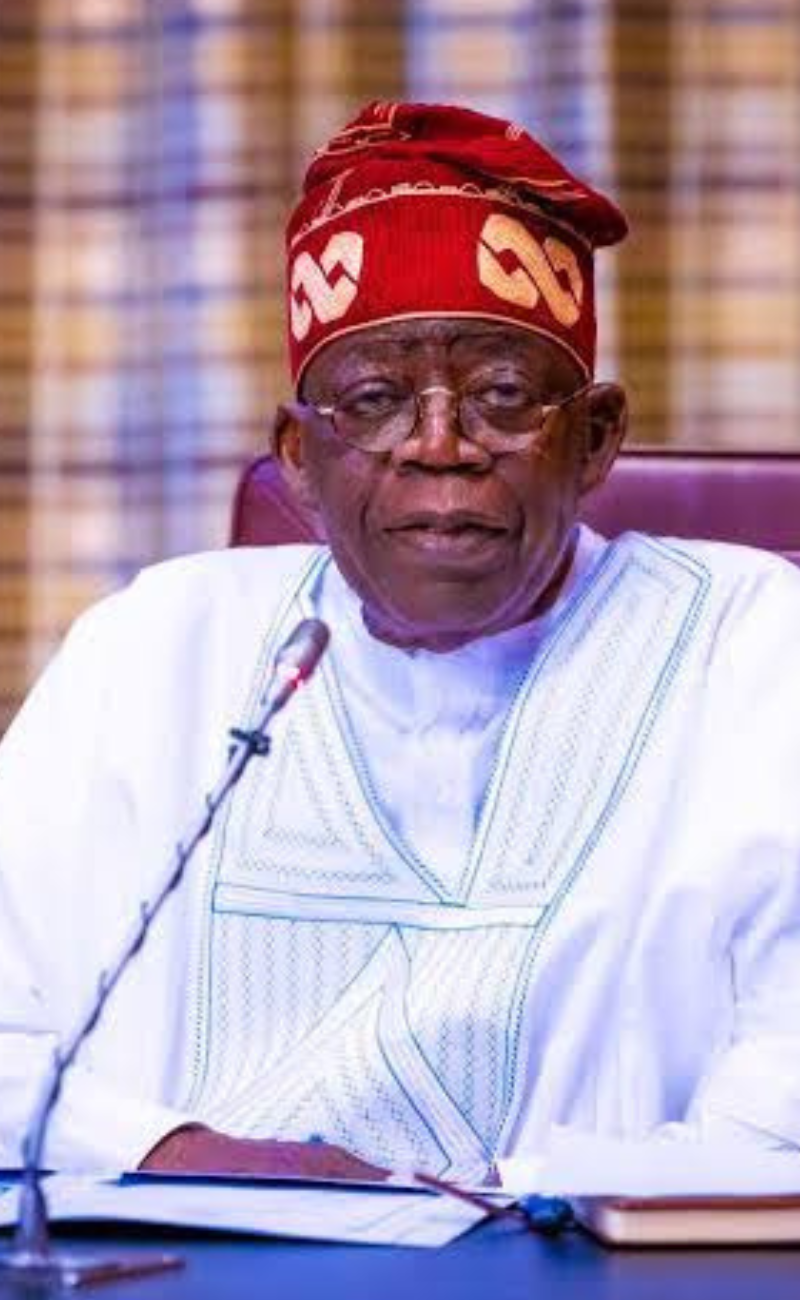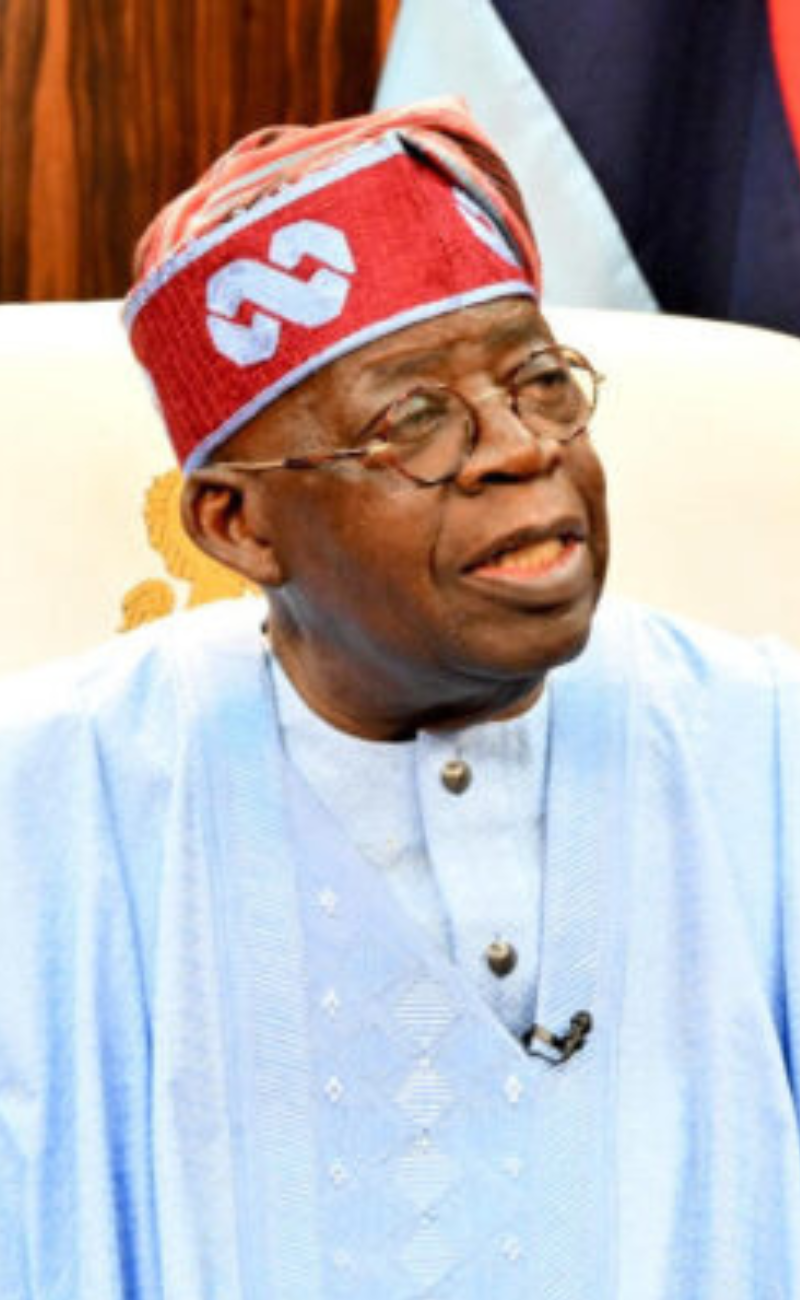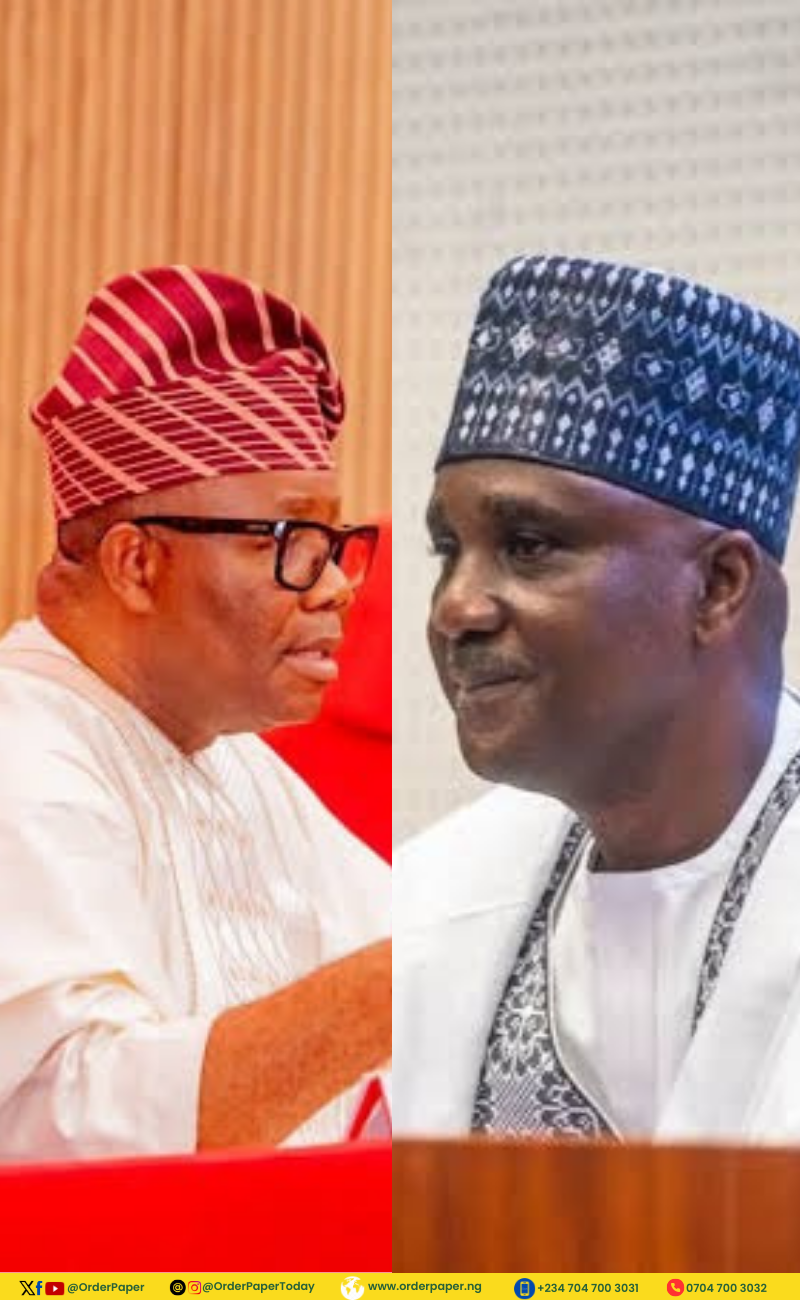Where is the People’s Democratic Party (PDP)? Where is the Labour Party (LP)? Their collective silence in the face of this constitutional breach is a national embarrassment.

By Charles Jiduwah
The political crisis in Rivers State has laid bare the troubling weaknesses of Nigeria’s democratic institutions. What started as a battle for control between Gov. Siminalayi Fubara and his estranged political benefactor, Minister Nyesom Wike, has escalated into a full-blown constitutional crisis—one now exacerbated by President Bola Ahmed Tinubu’s illegal declaration of a state of emergency.
By invoking Section 305 of the Constitution, Tinubu has overstepped his bounds, using federal power as a weapon to subvert an elected state government. The law does not grant him the authority to remove a sitting governor or dissolve a functioning state government, yet that is precisely what he has done.
This move is not about maintaining stability; it is a desperate, authoritarian maneuver designed to tighten his grip on power ahead of the 2027 elections.
A dangerous precedent for Nigeria’s democracy
If Rivers state—a relatively peaceful state with no insurgency or large-scale violence—can be placed under emergency rule simply due to political infighting, then no opposition-controlled state is safe. This sets a dangerous precedent that could be used to justify future takeovers of any state that refuses to bow to Tinubu’s will.
This is not leadership. It is political conquest, dressed up as governance. By sidelining an elected governor, Tinubu has overridden the will of Rivers people. This is not just an attack on Fubara—it is an attack on every Nigerian who believes in democracy and the right to choose their leaders without federal interference.
READ ALSO: Tinubu suspends governor, assembly in Rivers
A toothless opposition and shameful silence
In a functioning democracy, the opposition would have immediately mobilised to resist this abuse of power. But where is the People’s Democratic Party (PDP)? Where is the Labour Party (LP)? Their collective silence in the face of this constitutional breach is a national embarrassment.
The PDP should be rallying behind its governor, using every legal and political tool available to fight this unlawful action. Instead, the party remains disorganized and weak, leaving Fubara to fend for himself against an overreaching presidency.
The Labour Party, still trapped in post-election confusion, has also failed to offer any meaningful resistance.
This lack of urgency has allowed Tinubu to run unchecked, slowly turning Nigeria into a de facto one-party state where opposition-controlled territories exist at the mercy of the presidency.
The national assembly: A rubber stamp legislature
If the opposition has failed to act, the National Assembly has actively enabled this power grab. The senate and house of representatives, under Senate President Godswill Akpabio and Speaker Tajudeen Abbas, have once again shown that they serve the presidency, not the Nigerian people.
In a real democracy, an illegal state of emergency would trigger immediate legislative outrage, with lawmakers challenging the executive and demanding a return to constitutional order. Instead, the national assembly has once again rubber-stamped an undemocratic decision, proving that it is nothing more than a puppet of the executive.
The lawmakers who should be defending the constitution are instead clapping for its destruction. Their silence and complicity will be remembered as a betrayal of democracy.
A better path forward: Political solutions, not force
If Tinubu is truly interested in resolving the Rivers crisis, he must immediately reverse the state of emergency. Nigeria is not a military dictatorship, and federal power should not be used to hijack a state government.
Here’s what must happen instead:
Immediate reversal of the emergency declaration – Rivers State is not in crisis that warrants emergency rule. The constitution must be respected, and Governor Fubara must be allowed to govern.
Neutral mediation, not federal takeover – Instead of imposing his will, Tinubu should allow neutral mediators to facilitate dialogue between Fubara and Wike to de-escalate tensions.
Judicial and legislative resolution, not military rule – Any disputes in Rivers should be resolved through the courts and the state House of Assembly, not through unconstitutional presidential action.
Opposition unity against executive overreach – If the PDP, Labour, and other opposition figures do not stand up now, they will be handing Tinubu a blank check to do the same in other states. If Rivers falls, who is next? Edo? Abia? Even Lagos, if it ever votes against the APC?
Conclusion: This is about 2027, not Rivers
Make no mistake—this state of emergency is not about Rivers state. It is about Tinubu’s 2027 re-election strategy. It is about crushing opposition strongholds before the next election cycle. It is about sending a message: No state is beyond Tinubu’s reach.
If this power grab succeeds, Nigeria’s democracy will be permanently weakened. Nigerians, regardless of political affiliation, must push back against this blatant authoritarianism. The opposition must wake up, civil society must resist, and the courts must intervene before it is too late.
History will remember this moment. It will judge Tinubu not as a leader, but as a man who put his personal ambition above the constitution. Power is temporary, but the stain of dictatorship lasts forever.
May Nigerians heal their land.
Jiduwah writes from the UK




